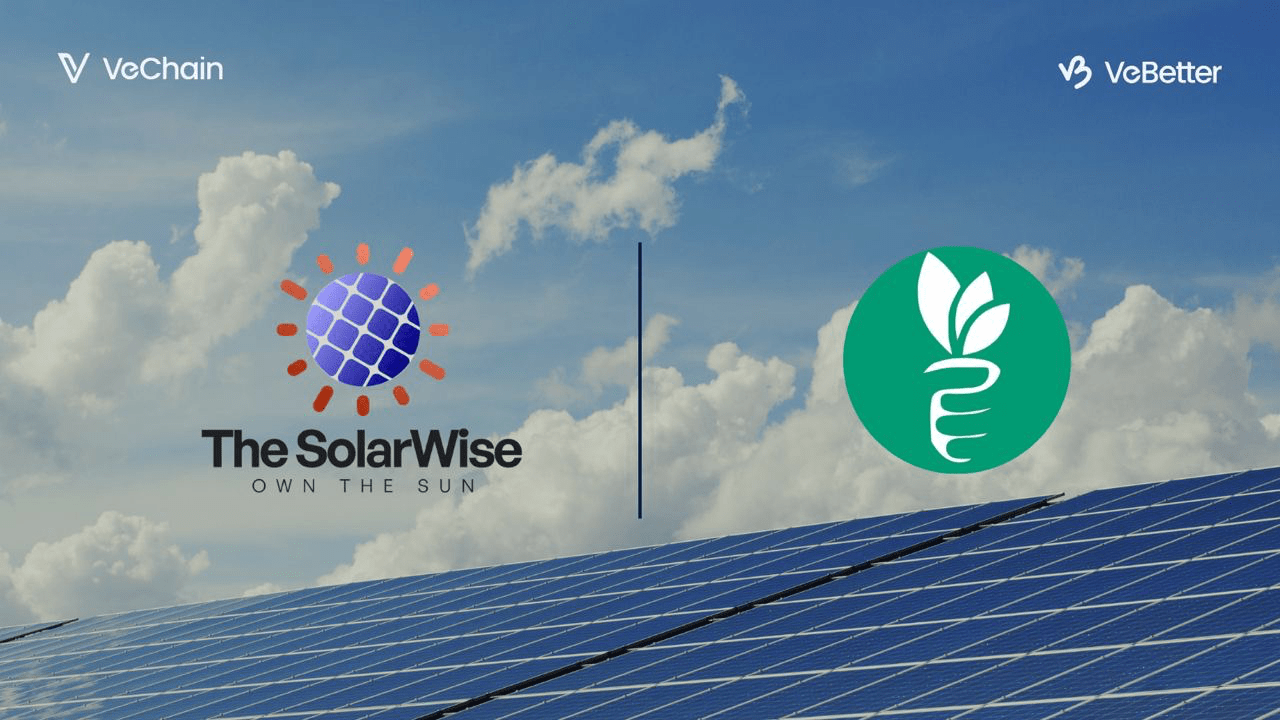Solar Energy
Learn how solar energy works, its benefits, technologies, and adoption strategies empowering individuals to make informed, sustainable choices for their homes and the planet.

Factors That Affect Solar Panel Efficiency
Solar panels are an excellent source of clean energy, but their efficiency—the ability to convert sunlight into usable electricity—depends on several factors. In this lesson, we’ll explore the key elements that influence how well a solar panel performs.
.jpg)
1. Amount of Sunlight and Weather Conditions
The more sunlight a panel receives, the more electricity it generates. However, different weather conditions can impact its performance:
- Sunny Days: Maximum energy production.
- Cloudy Days: Solar panels still work, but at reduced efficiency since clouds block some sunlight.
- Rainy or Snowy Conditions: Rain can clean dust and dirt off panels, improving performance, while snow can temporarily block sunlight until it melts.
2. Panel Orientation and Tilt Angle
The direction and angle of solar panels determine how much sunlight they capture:
- Best Orientation: In most locations, panels should face south to receive the most sunlight throughout the day.
- Optimal Tilt Angle: The best angle depends on latitude; adjusting the tilt seasonally can further improve efficiency.
3. Shading and Obstructions
Even a small amount of shade on a solar panel can significantly reduce its energy output.
- Common Sources of Shade: Trees, nearby buildings, chimneys, and even dust or bird droppings.
- Solutions: Placing panels in an unobstructed location and cleaning them regularly can help maintain efficiency.
4. Temperature Effects
Surprisingly, solar panels perform best in cooler conditions.
- High Temperatures: Excessive heat can reduce panel efficiency by making the electrical components less effective.
- Solution: Panels should be installed with proper ventilation to allow heat to dissipate.
5. Panel Cleanliness and Maintenance
Dirt, dust, and debris can block sunlight from reaching the photovoltaic cells, reducing energy output.
- Maintenance Tips:
- Clean panels regularly, especially in dry or dusty regions.
- Schedule inspections to check for damage or buildup.
6. Panel Quality and Technology
Not all solar panels are created equal—some are more efficient than others.
- Higher Efficiency Panels: Monocrystalline panels generally offer better performance than polycrystalline or thin-film panels.
- Advanced Coatings and Materials: Some panels include anti-reflective coatings or improved photovoltaic materials to boost efficiency.
Conclusion
Solar panel efficiency is influenced by sunlight exposure, positioning, shading, temperature, cleanliness, and panel technology. By optimizing these factors, homeowners and businesses can maximize the benefits of solar energy.